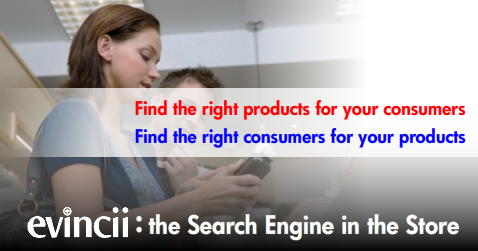Future Now
The IFTF Blog
Regular strength or extra strength? Drowsy or non-drowsy formula? Brand name or knock off?
These are the questions I often find myself pondering as I stand in the cold medicine aisle at my local drugstore. This morning, Rod Falcon, Director of the Health Horizons Program, dropped a good old-fashioned newspaper on my desk that announced a solution to these dilemmas. Evincii, a Mountain View, CA, startup that has been in (mostly) stealth mode since 2005, has now formally unveiled its in-store, interactive, over-the-counter (OTC) drug information kiosk.
The kiosks, called PHARMAssist (clever, eh?), features a computer-generated helper named "Rex," who asks shoppers a series of questions about their symptoms, allergies, medical conditions, and preferences. Rex then spits out (politely, of course) a list of products that have the same active ingredient. All relevant medicines are included; they are sorted according to popularity and whether or not the companies paid Evincii for their listings.

Evincii has indicated that the underlying "Search Engine in a Store" technology might next be used to help consumers navigate their way through the myriad of vitamin supplements available in stores.(To get a sense of how Evincii's proprietary search platform works, you can check out the Longs Drugs website, where Evincii’s technology powers a very similar tool called the “Over the Counter Medicine Buyer’s Guide.”)
The kiosks, which are already in use in more than 100 Long's Drugs stores, helps advertisers reach customers right at the point of purchase. According to a Market Wire story,
Consumers like PHARMAssist, as 15 to 18 percent of all category shoppers receive recommendations from its search results on a daily basis. Retailers like its ability to enhance the shopper experience and increase overall category sales by three to six percent. Meanwhile, advertisers are able to advise engaged consumers at the point of decision and increase brand sales by seven to 18 percent.
The CEO of Evincii has observed, "In-store advertisers and retailers are looking for more interactive ways to engage consumers that will help increase sales in this increasingly competitive market." The Health Horizons Program recently completed a private client project that examined the future of health and wellness in food retailing. One of the insights that we developed is that retailers can play an important role in meeting consumer demand for trusted information.



